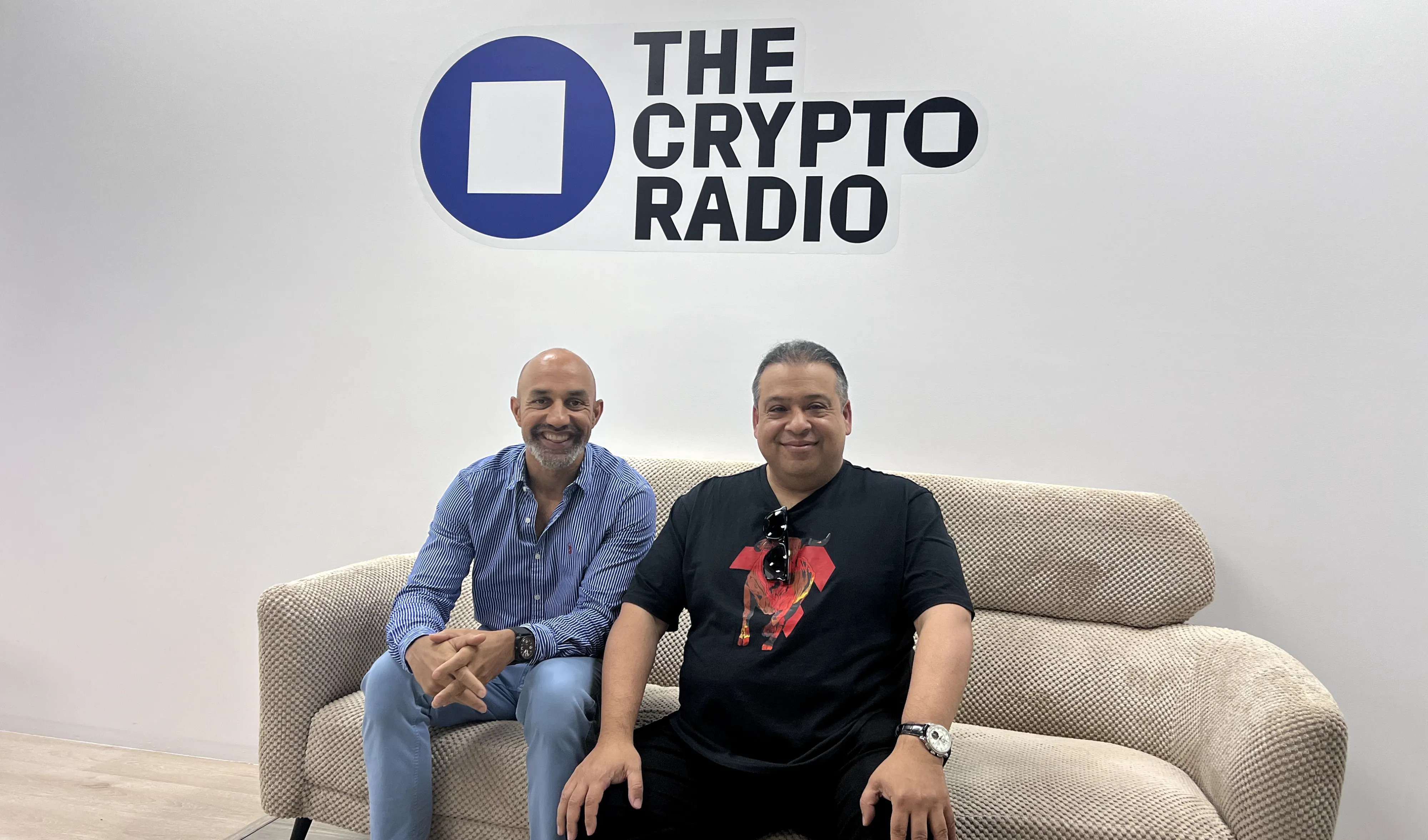From black markets to fair play in gaming
Vanar empowers users to trade assets, invest globally, and harness AI with new infrastructure

The way we create, own, and trade assets is evolving. We are reaching a point where gamers can securely exchange in-game items, artificial intelligence (AI) trains on reliable, decentralized data, and everyday investors access opportunities that once required institutional backing.
And Vanar CEO Jawad Ashraf is building this reality—an infrastructure platform designed to connect today’s digital systems with tomorrow’s decentralized possibilities.
Drawing inspiration from companies like Amazon Web Services (AWS)—the behind-the-scenes engine powering many apps and websites you use daily—Vanar aims to provide a similar foundation for decentralized systems, often referred to as web3.
This approach could reshape industries ranging from gaming to real-world investments by enabling secure, transparent digital ownership.
Empowering gamers with ownership
One of Vanar’s most visible use cases is in gaming, where it helps developers integrate features that allow players to truly own and trade digital items.
In traditional games, secondary markets for items often operate through unregulated, unofficial channels. Vanar changes this by keeping trades within developer-approved ecosystems, benefiting both players and publishers.
"With all online games, you tend to have the core game players, then you tend to have a black market around the game," explained Ashraf. "Now, there's an entire area where [gamers] can make money that they can get back, and it's a new channel for them."
Vanar has already partnered with Virtua, a gaming platform where players can securely buy, sell, and exchange items. This not only ensures fair play but also creates new revenue streams for game developers.
Expanding into AI and real-world investments

Vanar’s infrastructure is also being applied in sectors like AI, where decentralized systems are addressing a crucial challenge: trustworthy data. For AI applications to work effectively, they require large amounts of verified, high-quality data, something traditional methods often struggle to provide.
"AI agents are here, but they have to work with an infrastructure," says Ashraf. "So if you look at, for example, we've got one company coming on board, and they're focusing heavily on the training data, because every AI in the world needs data to work like any other system."
Vanar is also exploring tokenization—the process of converting physical or intangible assets, like commodities or infrastructure projects, into digital tokens that people can invest in. One such project is Syretta, which is set to tokenize assets like gold and copper, as well as infrastructure initiatives.
"For example, we have a company called Syretta, which is going to be launching on Vanar, and they're doing commodities like gold, copper, bronze, and silver. But one of the projects is a hospital in Ghana, for example, they're building the hospital. Now, when this is built, there's going to be a return. The return is far greater for the end user than they'd ever have sitting in an interest account," Ashraf said.
Building the future of digital infrastructure
Looking further ahead, Vanar is exploring quantum computing, a technology that could enable blockchain transactions and data transfers to occur almost instantly. This capability, Ashraf believes, could redefine speed and efficiency in decentralized systems.
To ensure these technologies succeed, Vanar also emphasizes the importance of regulation and education. "People need to have better, better education in terms of investing in this, because it is so open, it's almost dangerous," Ashraf notes, urging users to learn before diving into the space.
By focusing on practical applications and fostering emerging technologies, Vanar is positioning itself as a leader in the digital transformation. Whether it’s gaming, AI, or tokenized investments, the company is working to make decentralized tools accessible and impactful for industries and individuals alike.
Listen to the whole interview on The Crypto Radio's live player or in the Crypto Culture podcast.



